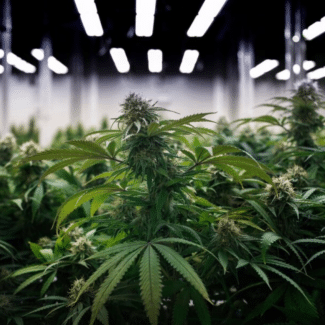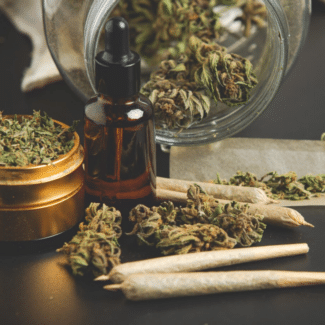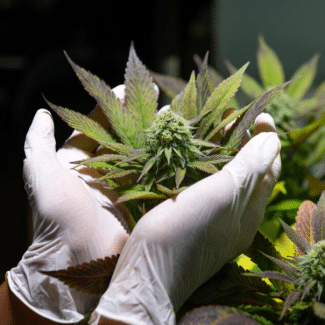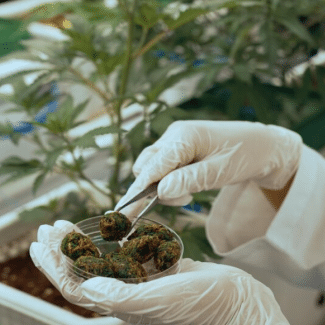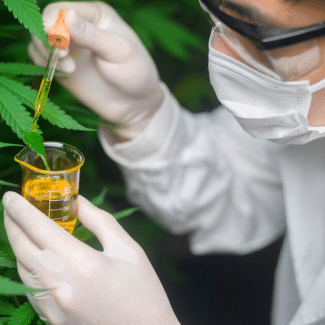Determining Your Vertical
To get Cannabis licenses The Cannabis Control Commission oversees all licenses that are distributed within Massachusetts and determine whether or not an organization qualifies for a marijuana license. The Massachusetts market is home to a number of different sectors, including; Medical Marijuana Treatment Centers for a medical cannabis license, Marijuana Cultivators, Craft Marijuana Cooperatives, Marijuana Product Manufacturers, Marijuana Retailers, Existing Licensee Transporters, Third-Party Transporters, Independent Testing Labs, Standard Testing Labs, Microbusiness, Delivery-Only Licensees, Social Consumption Establishments, and Delivery Endorsements. Each of these divisions besides Craft Marijuana Cooperatives have a limitation of 3 marijuana licenses granted to anyone having direct or indirect control of the company. Craft Marijuana Cooperatives have a limitation of just 1 license.
Insurance Needs
The insurance policies needed for cannabis companies vary based on the vertical the companies operate within. However, three of the most prevalent and required are general liability, product liability, and, as it’s a state required coverage, workers compensation. Cyber Insurance and Business Income are amongst the topics that are not required yet are seen as good options to include for anyone applying for a cannabis license.
Again, this varies depending on your vertical. For instance, a delivery company would look to cover any owned or hired and non-owned autos whereas a manufacturing company may not have this exposure. Be sure to reach out to a risk advisor in the space, like AlphaRoot, to determine your risk exposures.
Common Fees that Come with Cannabis Licenses
When applying for a marijuana license in Massachusetts, each type of business within the industry is charged some sort of application fee as well as an annual fee. The cost of each, however, varies by business type and size of the business. Oftentimes the fee is determined by the square footage of the company. Some common fees that companies may face when applying for or after owning a cannabis license are an application fee when applying for a license, a license fee when approved for a provisional license, the annual free when renewing a license, and when requesting a change of location name, ownership, or building or renovating an existing structure. While these fees are required, they can be waived for Economic Empowerment applicants and Social Equity program participants. On top of the common fee requirements across the industry, some additional licenses require fees. Marijuana Transporter: Third party Transporter, Marijuana Transporter: Existing License Transporter, Marijuana Delivery- Only License, ME with a Delivery Endorsement, Marijuana Research Facility are different licenses types that require fees.
Application Requirements
There are many regulations that come with the application to possess a cannabis license in Massachusetts. Per the MA Cannabis Control Board, the first step to obtaining a license is to submit the license application fee and all three sections of the application, which are: application of intent, background check, and management and operations profile. The application of intent section (AOI), provides guidance on how to comply with the Commission’s regulations. Within this section, there are requirements for individuals. A person with direct control of the business “must have one or more of the following criteria:
- A owner that possesses a financial interest in the form of equity of 10% or greater in a ME or MTC
- A person or entity that possess a voting interest of 10% or greater in a ME or MTC or a right to veto significant events
- A Close Associate;
- A person or entity that has rights to control, through contract or otherwise, or authority, including but not limited to:
- to make decisions regarding operations and strategic planning, capital allocations, acquisitions, and divestments
- to appoint more than 50% of the directors
- to appoint or remove corporate-level officers
- to make major marketing, production, and financial decisions
- to execute significant or exclusive contracts; or
- to earn 10% or more of the profits or collect more than 10% of the dividends.
On the application, the next section is the Background check section (BGC). The applicant must list all individuals who are associated with the company along with all of the entities. “Background Checks include but are not limited to: Massachusetts’ and national criminal database records, Massachusetts’ and national civil database records, including professional and occupational records, The individual and entity’s involvement in other marijuana-related businesses, and any actions taken against any license or registration held by the individual or entity. Following the background check, comes the Management and operations profile section (MOP), which requires the applicant to demonstrate that their business is registered to do business. Lastly, there are additional requirements on the application that are determined by which license type the applicant is applying for. In addition to the application, some license types will require more information. The process to become involved in the distribution or production of marijuana in Massachusetts is very intense and could prove to be long. However, it may very well be worth the wait and tedious paperwork. Massachusetts generated $1 billion in marijuana sales in the first 24 months after the drug was legalized in the state in 2018.
- Disclaimer – This does not constitute legal advice. AlphaRoot does not provide legal advice or consulting services of the licensing process. Please review any state specific licensing requirements with your attorney.






